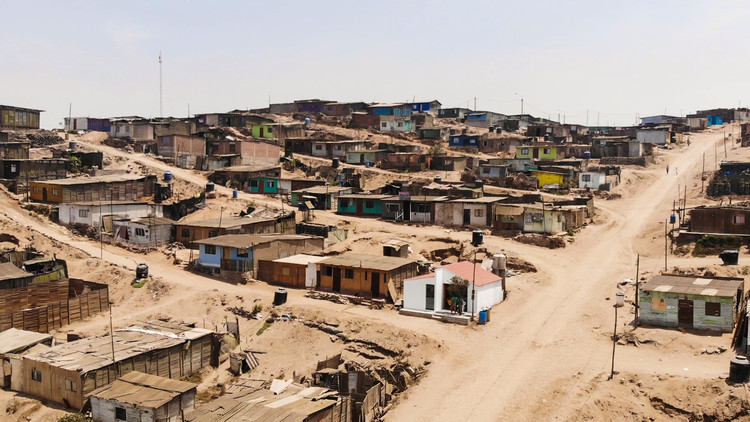According to WRI Mexicoemissions, globally the building/construction sector accounts for between 30%-40% of the total generation of greenhouse gasesThe challenge is to reduce its effects while addressing the problem of 1.1 billion people living in informal settlements and urban slums.
Greg Munrodirector of Cities Alliancehe underlined in an article published by World Economic Forum that the construction of sustainable and affordable housing offers a solution to both aspects.
"A sustainable construction approach must be accompanied by equitable policy frameworks, and the principles of the circular economy can serve as a guide," he said.
Building on the efforts of the Cities Alliance working group on sustainable construction and the insights of the Global Status Report on Building and Construction of the UNEP, recommended three entry points for transformational change that considers sustainability in all its aspects.
Environmentally sound construction: a pillar of resilience
According to UNEP, conventional construction methods will consume almost 80% of the CO2 budget by 2050. To address this, the sustainable construction should prioritize circular and low-carbon methods and materials to create structures that mitigate the climate change and withstand their impacts. This requires the use of green design, resilient materials, local construction methods and vernacular techniques.
"For example, in Malawi, German Development Cooperation supports the production of climate-friendly bricks using waste materials from the tobacco and food industries. These bricks emit 85% less CO2 and consume 85% less energy than conventional methods," he said.
He clarified that adopting a circular economy approach in informal settlements involves not only sustainable materials but also techniques that allow for gradual household upgrading. This, combined with capacity building, ensures that the urban poor can gradually build resilient and sustainable housing.
Economically sound solutions: circular economies and affordability
Affordability is fundamental to the success of the sustainable construction in informal settlements, particularly in the Global Southwhere the importation of low-quality materials damages the environment and contributes to housing insecurity.
"Shifting towards circular economies and regulating material flows can prevent the Global South from becoming a dumping ground for unwanted and unhealthy building materials. Localizing the production of building materials and fostering local value chains not only creates employment opportunities, but also reduces environmental stress, promoting economic justice," he said.
Addressing gender disparities is critical to achieving gender equality. economic sustainability in the sustainable construction. Female-headed households, often below the poverty line, bear the brunt of the high costs of construction materials, exacerbated by the salary gap gender equality. A just transition must incorporate strategies to make gender equality a reality. economic sustainability inclusive, reducing the gender gaps existing.
Socially sound strategies: promoting just transition
With more than one billion people living in informal settlementsThe challenges are immense. The sustainable construction often neglects the social dimensions, worsening poverty and unsafe living conditions. A Just Transition recognizes the intersection of urban informality and the climate changeprioritizing equity and placing human rights at the center of decision making.
Self-help housing, crucial to the construction and regeneration of local neighborhoods, can lack environmental sustainability. Assisted self-help housing, guided by sustainability and circular use of materials, bridges affordability and environmental responsibility gaps.
"In Barrio 31 in Buenos Aires , a gradual, subsidized approach shows inclusive urban development, including the renovation of public spaces and housing units, and grants property titles to residents, fostering a sense of ownership and stability within the community," he noted.
By recognizing the disproportionate intersection between urban informality and the impacts of urban climate change in informal settlements, climate justice ensures that the benefits of sustainable construction are distributed equitably among communities.
It is also essential to understand how people living in informal settlements use building materials and the relationships that shape the value chain, he said.
Source: World Economic Forum


